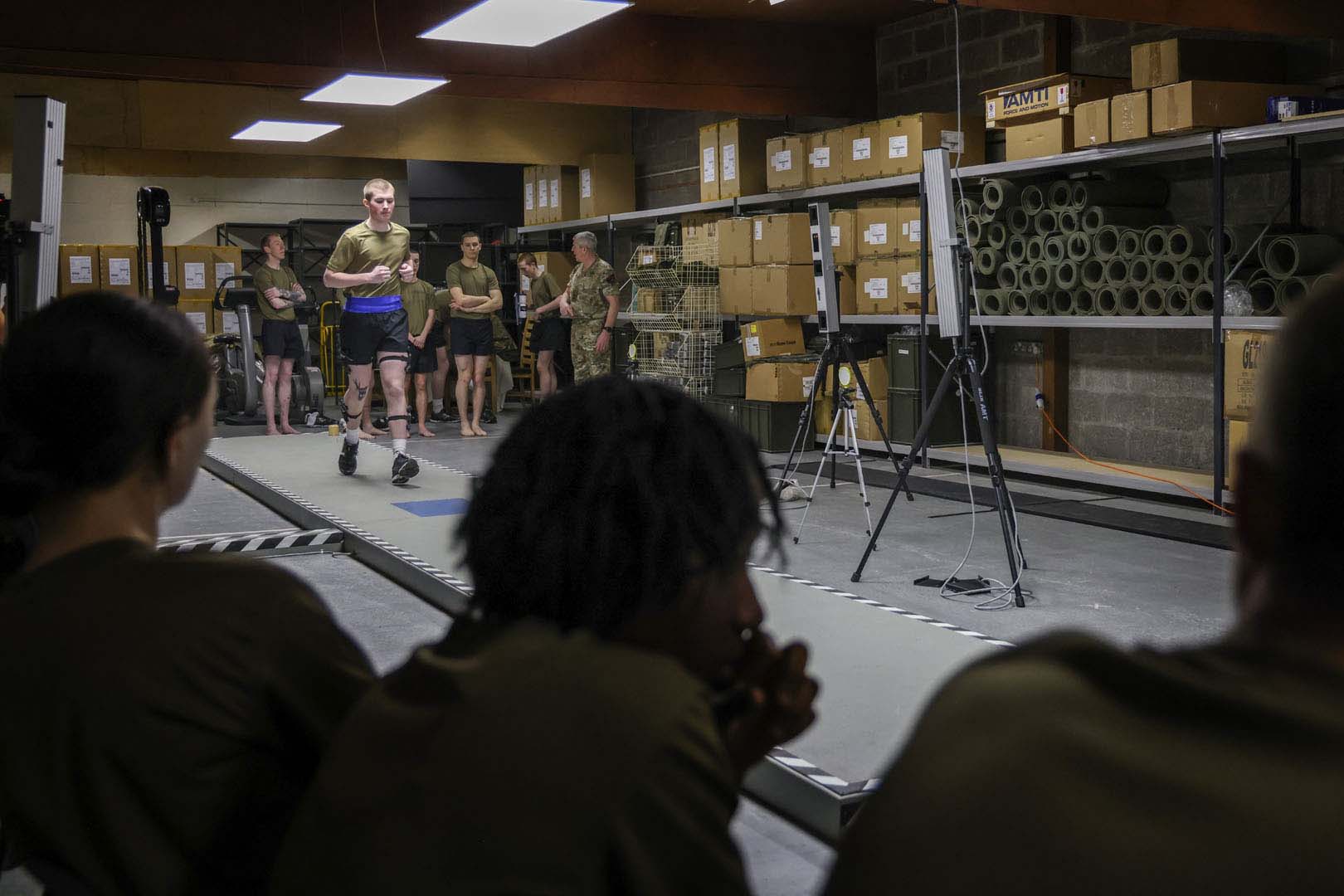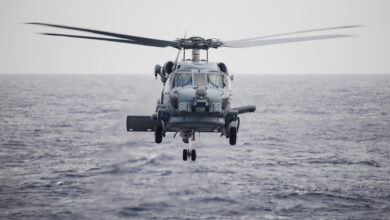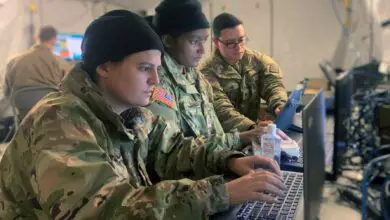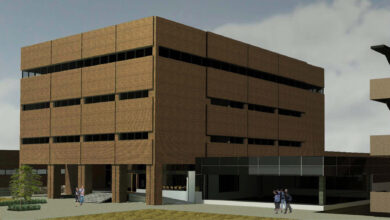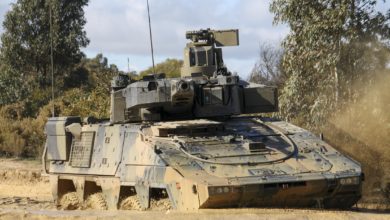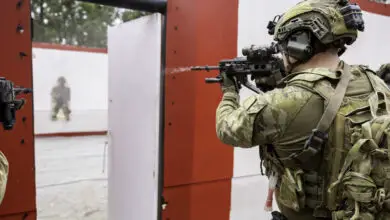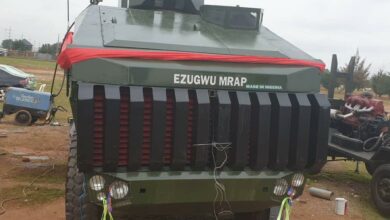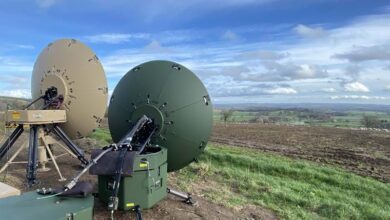British Navy Recruits Undertake Kinematics Tests for Muscle, Bone Injury Research
The UK Royal Navy has launched a kinematics-based medical testing project on “entry” training centers to study and alleviate musculoskeletal injuries in sailors and marines.
Musculoskeletal injuries encompass issues to joints, muscles, spinal discs, tendons, and nerves.
Operating under the Musculoskeletal Mitigation Program, the project uses motion capture technology to track a recruit’s movement across pressure pads and determine how they distribute their body weight.
Associated measurements taken from personnel include height, grip strength, anatomical position, and health factors to accurately evaluate their musculoskeletal conditions.
Work for the effort is being conducted in partnership with experts from Exeter, Southampton, and Bath Universities.
“It’s a bit like how they filmed Gollum in Lord of the Rings,” University of Exeter Researcher Ellie Scott explained.
“It creates a ‘virtual stick person’ who replicates exactly how you run or walk. We can calculate angles and forces someone puts through their body when walking or running to see if there are any factors which make them susceptible to certain injuries.”

Two hubs have been established at the HMS Raleigh training site in Torpoint and the Commando Training Centre Royal Marines in Lympstone to support the program.
A group already completed the first session in Raleigh. Meanwhile, a third facility will be opened at the Institute of Naval Medicine in Alverstoke later in 2024 for further trials.
Retaining ‘Exceptional’ Talents
According to the Royal Navy, muscular and bone-related injuries recorded across the service account for half of the overall warfighters who are “medically downgraded” or those who have been given a Medically Limited Deployable or Medically Not Deployable standard.
Data collected under the initiative will be used to “shape future training programs” and aid the agency in rehabilitating warfighters with associated medical concerns.
The agency plans to consolidate information from approximately 3,000 to 3,500 trainees joining the naval service in the coming phases.
Metrics will also be gathered until the end of the recruits’ training, after one year of employment, or in the event they are diagnosed with a musculoskeletal injury.

“This programme is also about holding on to the exceptional talent we have – there are people leaving the service with health issues which could have been prevented,” Royal Navy Musculoskeletal Mitigation Program Head Dr. Jo Falowfield stated.
“We can do things better – we can look after people better, improve the effectiveness of our rehab and recovery programme and get more people off the side-lines.”

